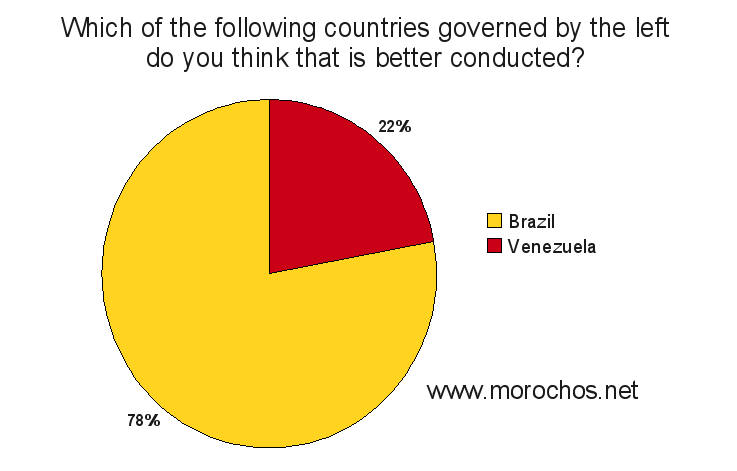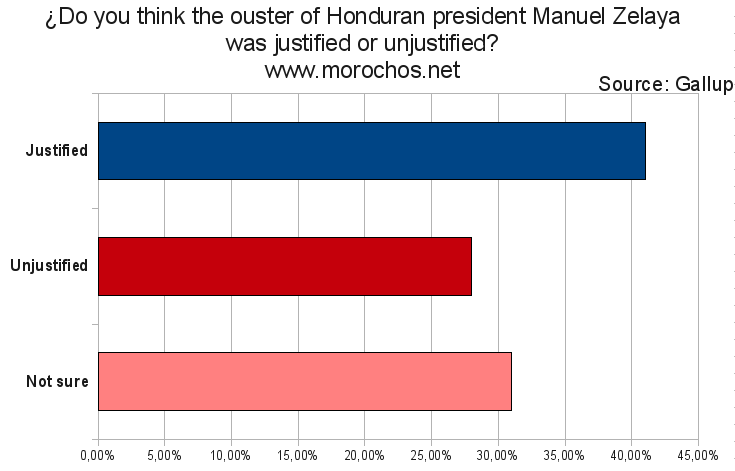Authors:
José Alberto López Rafaschieri and Luis Alberto López Rafaschieri
www.morochos.net
One of the most contradictory fallacies with which leftists fool people, state that as the United States and other capitalist powers remain the dominant military, economic and media force in the world, it justifies that every country that wants to get rid of "oppressive" capitalism should implant an indefinite dictatorship of resistance.
That is, Socialists proposed to end "the hegemony of the capitalist empire" through the creation of socialist dictatorships in every country of the world. Something similar to say that in order to be free you must first be a slave, or before you can have democracy you need a dictatorship, giving all the power to a socialist warlord to guide and oppress us while he combats the global capitalist supremacy.
From Lenin to Castro, many have used this story to deceive millions, but what people should be clear is that this argument is a lie to justify the violation of human rights and the indefinite retention of power by an ambitious oligarchy.
The road to freedom is built only with freedom, not with a contradictory servitude.
Related articles:
- First criticism of Liberation Theology

